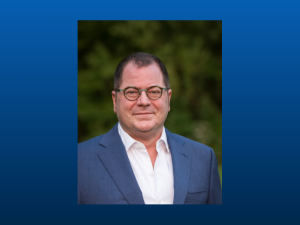Presented By: Department of Psychology
Developmental Psychology Visiting Scholar Talk: Early Life Stress and Children’s Learning: What Matters Most Might Not Be Obvious
Seth D. Pollak, Ph.D. Vaughan-Bascom Distinguished University Professor in the Departments of Psychology, Anthropology, Pediatrics, Neuroscience, and the LaFollette School of Public Affairs, University of Wisconsin – Madison

Hosted by the Lorraine Nadelman Visiting Scholar Fund
Discovering the processes through which early life experiences affect children’s development is critically important for developing prevention and interventions for youth exposed to adversity, and also for understanding the basic science of human development and learning. Nearly all research on early experience, socio-emotional development, and neurobiology has been anchored on documenting specific (presumably stressful) events that have occurred in a child’s life. Yet, there is increasing evidence that children’s perceptions of their own experiences and the meaning they construe from what has happened to them might be critical for understanding behavioral, biological, and learning outcomes. How can we better embrace this real- albeit messy- complexity of human development? This presentation aims to serve as a catalyst for thinking about these kinds of new future research directions.
Discovering the processes through which early life experiences affect children’s development is critically important for developing prevention and interventions for youth exposed to adversity, and also for understanding the basic science of human development and learning. Nearly all research on early experience, socio-emotional development, and neurobiology has been anchored on documenting specific (presumably stressful) events that have occurred in a child’s life. Yet, there is increasing evidence that children’s perceptions of their own experiences and the meaning they construe from what has happened to them might be critical for understanding behavioral, biological, and learning outcomes. How can we better embrace this real- albeit messy- complexity of human development? This presentation aims to serve as a catalyst for thinking about these kinds of new future research directions.